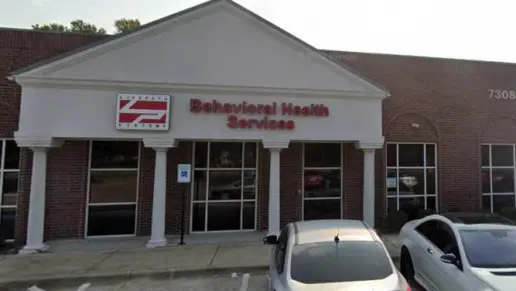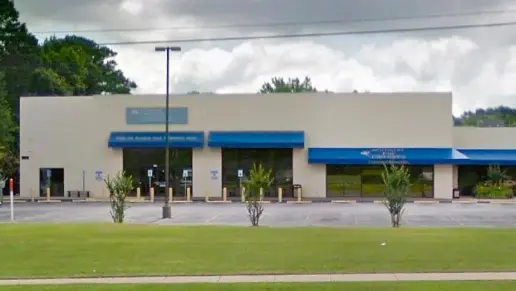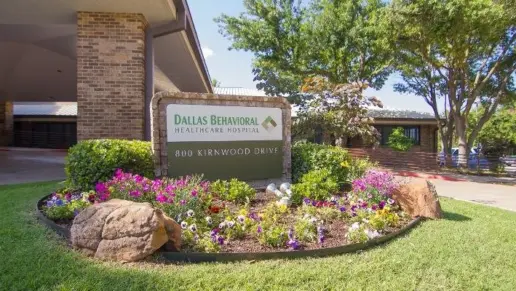About Hiway 80 Rescue Mission
Hiway 80 Rescue Mission - New Creation Discipleship Recovery Program is a homeless shelter for people of all ages. They are located in Longview, Texas. Their men’s program offers drug and alcohol rehabilitation services. They treat adult men with substance or alcohol use disorder. They have a women’s and children’s program as well. All of the programs they offer are based on the Christian religion.
They offer a 10 month class to men who have become homeless due to drugs or other destructive behavior. The classes teach you to live within the tenets of the Christian religion. The programs involve Bible study, devotionals and prayer. Participants are encouraged to use these practices to strengthen their recovery journey.
They also offer work therapy which consists of daily chores. This is designed to teach responsibility. They do not offer standard behavioral therapy here.
In their women’s program, they apply Christian principles to help women overcome addiction to substances. Their services can help women recover from an abusive relationship as well. Women with children can stay in the family cottages. The program is nine months long.
Participants are assigned a case manager who will work with them throughout their stay. They meet with them once a week to gauge progress. There is a graduation ceremony at the end of treatment.
The shelter offers a bed and three meals a day. They also provide a clothing closet. They provide a laundry room and mail services. They can assist with references to permanent housing and vocational training after participants have graduated from the program.
Former clients say this is a great place to start a new life. They say the staff is friendly and devoted to helping residents heal.
Latest Reviews
Rehab Score
Gallery
Other Forms of Payment
Self-pay involves paying for treatment out of your own pocket. You can use savings or credit, get a personal loan, or receive help from family and friends to fund your treatment. If you don't have insurance or your insurance plan doesn't cover a specific program, self-pay can help ensure you still get the care you need.
Addiction Treatments
Levels of Care
Treatments
The goal of treatment for alcoholism is abstinence. Those with poor social support, poor motivation, or psychiatric disorders tend to relapse within a few years of treatment. For these people, success is measured by longer periods of abstinence, reduced use of alcohol, better health, and improved social functioning. Recovery and Maintenance are usually based on 12 step programs and AA meetings.
During rehab in Texas, you'll deal with underlying issues that contribute to addiction. By addressing these challenges and learning healthy ways to cope with them, you'll develop strategies that help you live a drug-free lifestyle.
Opioid rehabs specialize in supporting those recovering from opioid addiction. They treat those suffering from addiction to illegal opioids like heroin, as well as prescription drugs like oxycodone. These centers typically combine both physical as well as mental and emotional support to help stop addiction. Physical support often includes medical detox and subsequent medical support (including medication), and mental support includes in-depth therapy to address the underlying causes of addiction.
Substance rehabs focus on helping individuals recover from substance abuse, including alcohol and drug addiction (both illegal and prescription drugs). They often include the opportunity to engage in both individual as well as group therapy.
Programs

Clinical Services
Group therapy is any therapeutic work that happens in a group (not one-on-one). There are a number of different group therapy modalities, including support groups, experiential therapy, psycho-education, and more. Group therapy involves treatment as well as processing interaction between group members.
In individual therapy, a patient meets one-on-one with a trained psychologist or counselor. Therapy is a pivotal part of effective substance abuse treatment, as it often covers root causes of addiction, including challenges faced by the patient in their social, family, and work/school life.
Life skills trainings involve all the skills a person must have in order to function successfully in the world. These include time management, career guidance, money management, and effective communication. Truly successful addiction recovery is based on the ability to not only live substance-free, but to thrive. Life skills teaches the practical necessities of functioning in society, which sets clients up for success in life, and therefore sobriety.
Staff
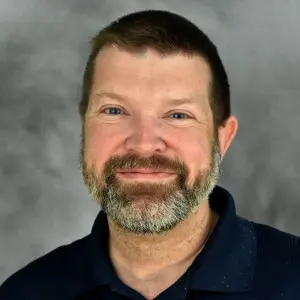
Executive Director
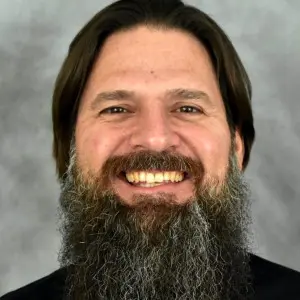
Director of Longview Ministries
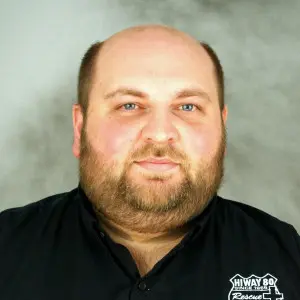
Director of Tyler Ministries
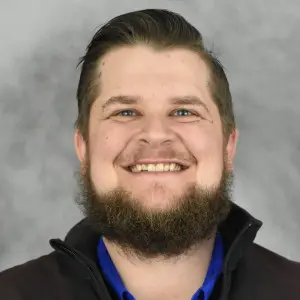
Tyler Program Manager
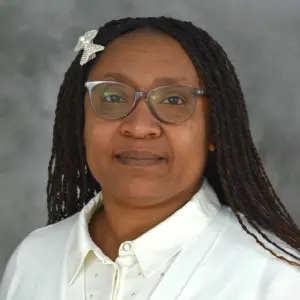
Volunteer Coordinator – Longview
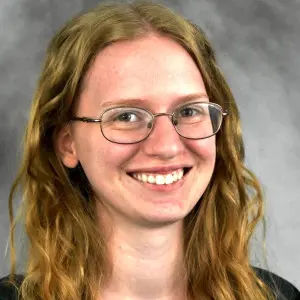
Children’s Ministry Coordinator
Contact Information
3117 West Marshall Avenue
Longview, TX 75604
